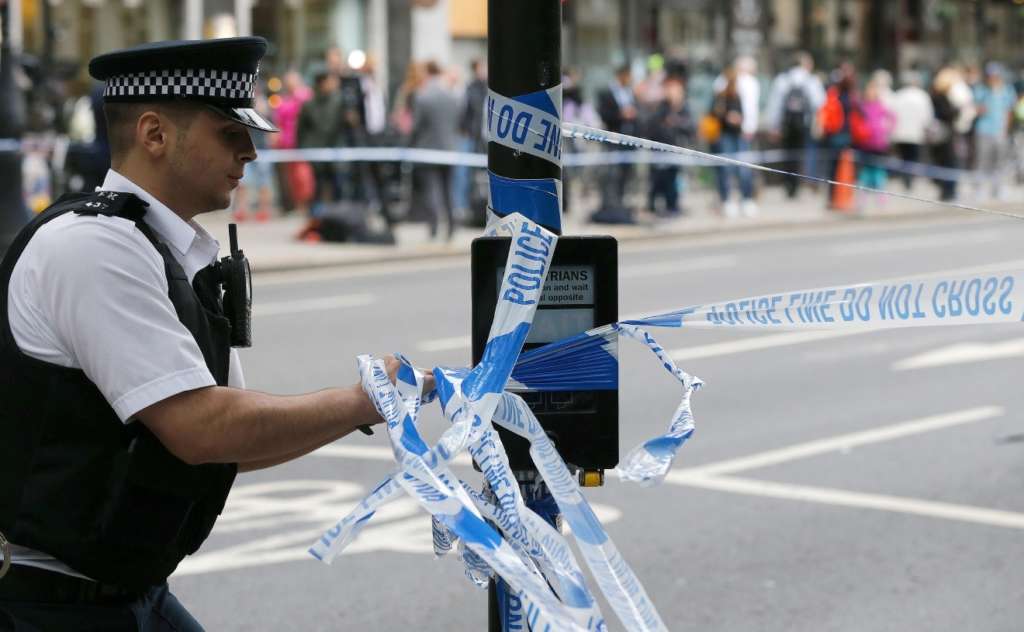London-A 1,000-page study of the origins of British Islamists, 18 months in the making and obtained by The Sunday Times, has exposed a clear link between terrorist crimes and growing up in a predominantly Muslim area.
It also disclosed that women’s involvement in Islamist- inspired terrorism has increased three times over the same period.
The report scours court transcripts, media reports and hundreds of other sources to bring together for the first time information on who are the actual Britain’s Islamist terrorists.
It covers all 269 individual convictions or suicide bombings and all the nearly 400 offences involved, from the very first in 1998 to the beginning of last year.
It asks: where did the terrorists come from? What influenced them? What kind of neighborhoods and areas they grew up in?
Stabbings or threats to behead have also increased, from just four incidents in 1998-2010 to 12 since, and now form almost half of attack-related convictions.
The study dismissed claims that attacks are committed by “lone wolves” as only 28 of the 269 acted alone while three quarters of those whose household status was known, lived with their families.
Almost 80% were affiliated to, inspired by, directed by or linked to extremist networks.
The study also raised concerns of segregation within Britain’s Muslim communities as a tenth of all Islamist terrorists come from just five areas in Birmingham.
Deprivation is a major factor in radicalization, according to the study, contrary to the belief that middle-class educated youths are prone to it.
Birmingham, with 234,000 Muslims, has a total of 39 convicted terrorists.
This is more than the whole of West Yorkshire, Greater Manchester and Lancashire regions put together, even though their Muslim population is 650,000, nearly three times that of Birmingham’s.
Just five of Britain’s 9,500 council wards all in Birmingham account for 26 terrorists, a tenth of the national total.
“This study identifies some significant new challenges for the authorities, including keeping track of a new generation of terrorists. I hope it will also tackle some of the myths that are prevalent in this area,” the author of the report, Hannah Stuart told the newspaper.
Among her findings is the revelation of some geographical clusters of terrorism in the UK which do not necessarily correlate simply to areas with a high Muslim population.
